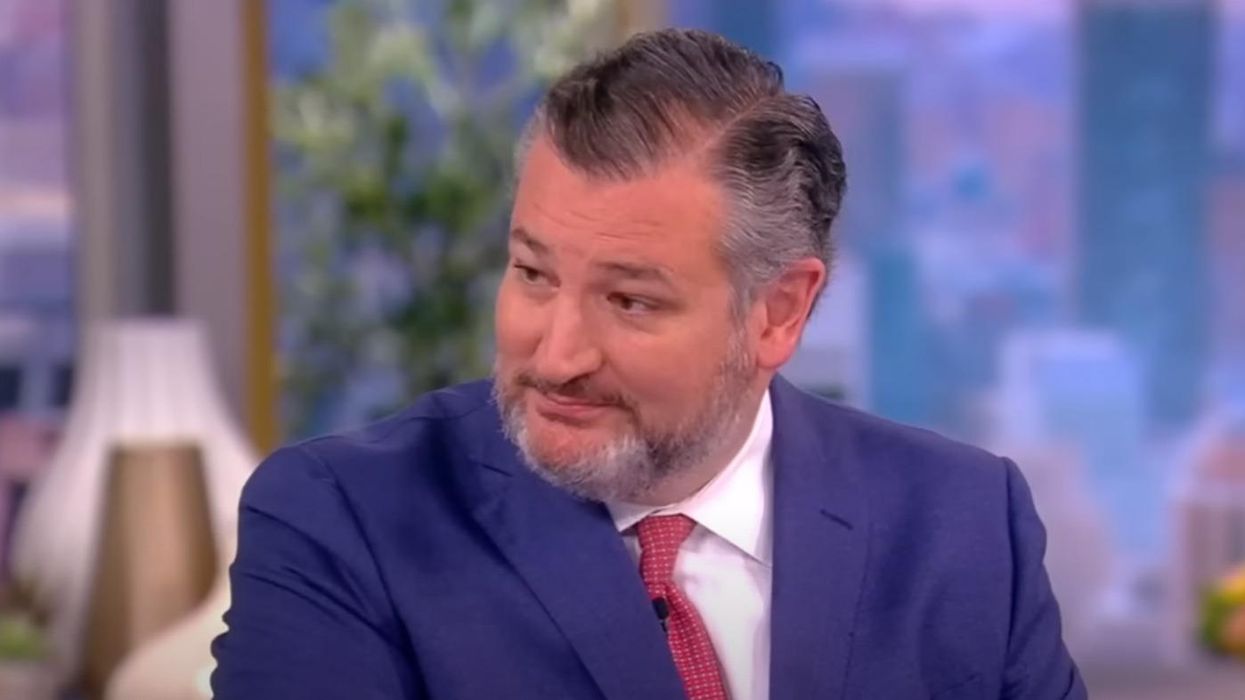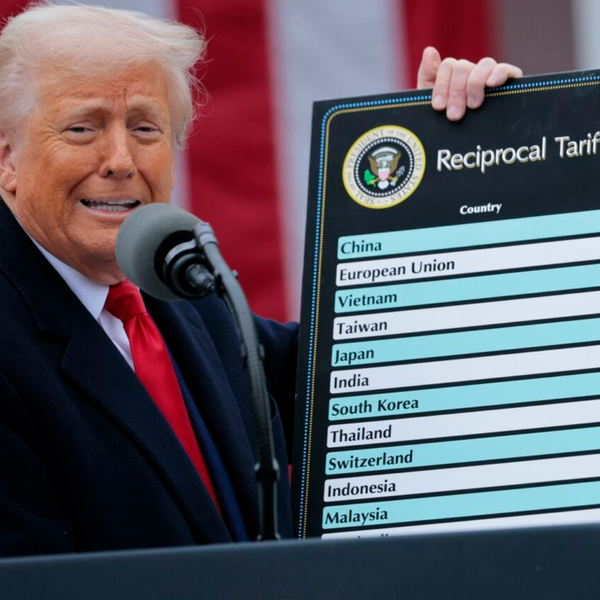As Cruz Runs For Third Term, He Proposes Two-Term Limit For Senators

Sen. Ted Cruz
Texas Republican Sen. Ted Cruz introduced a proposed constitutional amendment on Monday that would institute a lifetime two-term limit for members of the U.S. Senate and a three-term limit for members of the House of Representatives.
Cruz is running for a third six-year Senate term.
In a press release, Cruz said:
Term limits are critical to fixing what's wrong with Washington, D.C. The Founding Fathers envisioned a government of citizen legislators who would serve for a few years and return home, not a government run by a small group of special interests and lifelong, permanently entrenched politicians who prey upon the brokenness of Washington to govern in a manner that is totally unaccountable to the American people. Terms limits [sic] brings about accountability that is long overdue and I urge my colleagues to advance this amendment along to the states so that it may be quickly ratified and become a constitutional amendment.
Cruz announced in November that in 2024 he was "running for reelection in the Senate. I'm focused on the battles in the United States Senate."
His proposed amendment already has 11 co-sponsors, all of them Republicans and most first-term senators. One co-sponsor, Wyoming Sen. Cynthia Lummis, served four terms in the House prior to her 2020 election to the Senate.
Rep. Ralph Norman (R–SC) filed an identical House version earlier this month, with Rep. Jared Golden (D-ME) and 57 House Republicans as co-sponsors. Norman started his fourth term in Congress this month.
This is not the first time Cruz has backed term limits for members of Congress. In 2012, during his first Senate campaign, the Dallas Morning News reported, he endorsed the idea of a term-limiting constitutional amendment but said he would not promise to cap his own service unless limits were placed on the terms of all members of Congress.
"Although he has no interest in serving decades in Congress, Ted has not pledged to unilaterally disarm, to term limit himself," a Cruz spokesperson said.
Cruz has authored unsuccessful constitutional amendment proposals on term limits in the last three Congresses.
A Cruz spokesperson did not respond to the American Independent Foundation’s questions about why Cruz is seeking a third Senate term and exempting previous and current terms from the limits.
Newsweek reported in November that, according to a spokesperson, while he supports term limits, Cruz believes "the rules should apply equally to everyone" and "has long said he doesn't believe that one side should unilaterally term limit themselves."
If his amendment were to receive the necessary two-thirds supermajority in the House and Senate and be ratified by the required 38 state legislatures, it would not soon bring the renaissance of a "government of citizen legislators" that Cruz claims.
The third section of his proposed amendment contains a loophole: "No term beginning before the date of the ratification of this article shall be taken into account in determining eligibility for election or appointment under this article." According to this clause, Cruz and other incumbent senators could serve up to two more full terms after ratification.
According to a 2018 Brookings Institution blog post by Casey Burgat, the director of the legislative affairs program at the George Washington University Graduate School of Political Management, while the idea of term limits is popular, they would take away from voters the decision on how long is too long for a politician to stay in office; give lawmakers less time to learn and get good at their jobs; and automatically force out even the most effective legislators.
Burgat noted that term limits enacted in the states and in other countries have not been an effective way to curb political corruption. He observed that political scientists' studies on term limits "regularly find that many of the corruptive, 'swampy,' influences advocates contend would be curtailed by instituting term limits are, in fact, exacerbated by their implementation." Less senior lawmakers typically rely more on lobbyists and special interests when making policy decisions, and they tend to defer more to executive branch bureaucrats, he explained.
"Instead," he said, "as constituents, we should rely on the most effective mechanism available to remove unresponsive, ineffectual members of Congress: elections."
Cruz only received 50.9 percent of the vote in Texas in his 2018 reelection victory over Democratic nominee Beto O'Rourke. Texas voters will have another opportunity to decide on whether to keep Cruz next year.
Reprinted with permission from American Independent.








